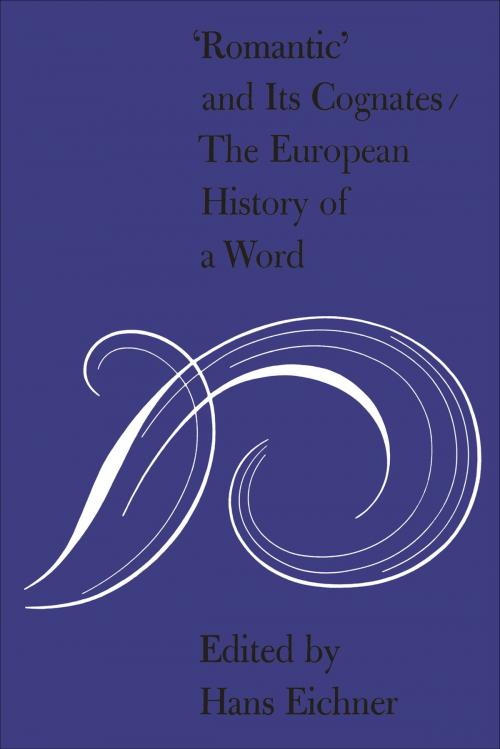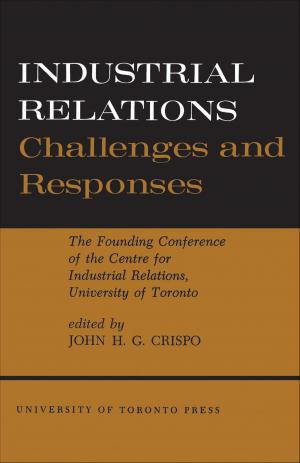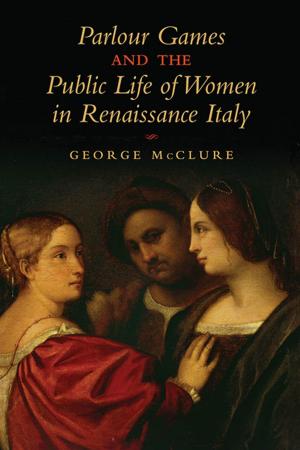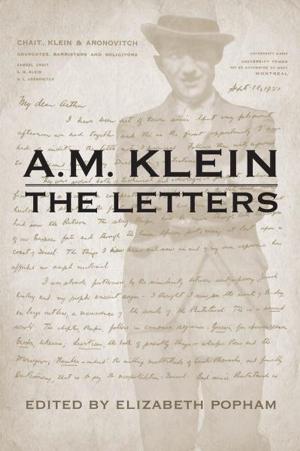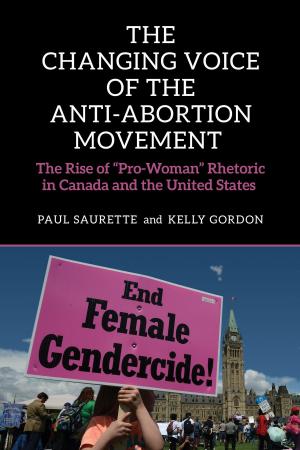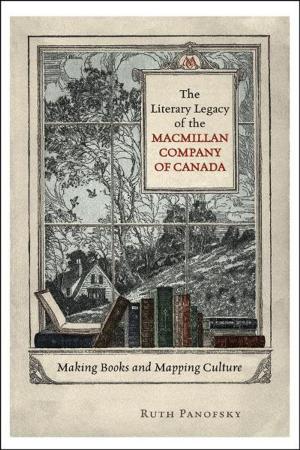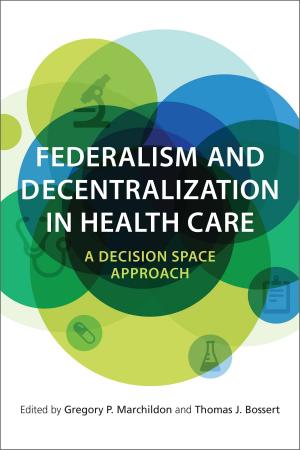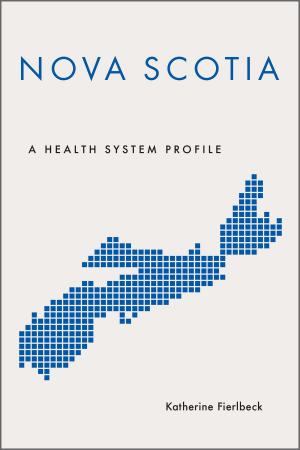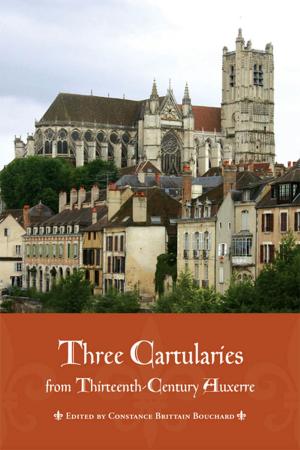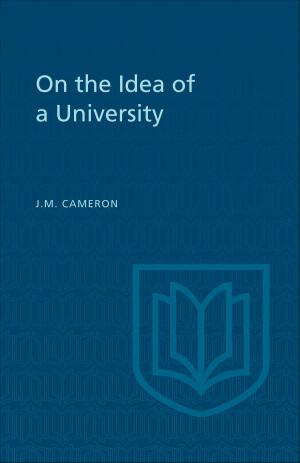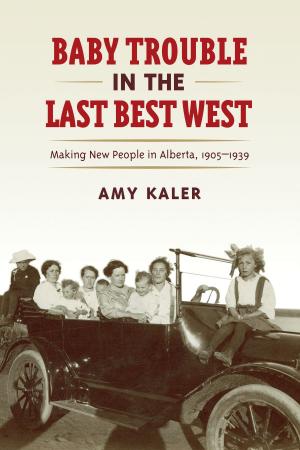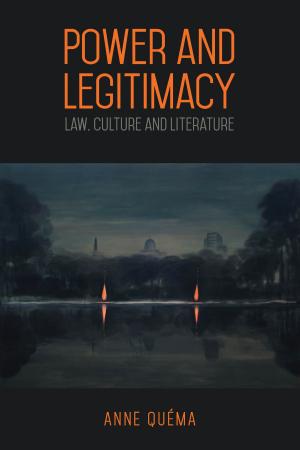'Romantic' and Its Cognates
The European History of a Word
Fiction & Literature, Literary Theory & Criticism, European| Author: | ISBN: | 9781487596637 | |
| Publisher: | University of Toronto Press, Scholarly Publishing Division | Publication: | December 15, 1972 |
| Imprint: | Language: | English |
| Author: | |
| ISBN: | 9781487596637 |
| Publisher: | University of Toronto Press, Scholarly Publishing Division |
| Publication: | December 15, 1972 |
| Imprint: | |
| Language: | English |
Ever since the word romantic and its many cognates in European languages began to be used as technical terms towards the end of the eighteenth century, the quest for a satisfactory definition of their meanings has continued unabated. This collection of essays traces the history of the word in the major European languages, showing how romantic and its cognates were first introduced, how their usage spread and their connotations proliferated, and how their present usage became established.
This book opens with an introduction by the editor, followed by an essay in which Professor Raymond Immerwaher, Chairman of the Department of German, University of Western Ontario, shows how romantic and its cognates became fashionable in England, France and Germany, and traces the extension of the meanings of these words up to 1790. The story is then taken up in individual essays on the history of the word and its cognates in the major European countries: in Germany, by the editor; in England, by Professor George Whalley, FRSC, of the Department of English, Queen's University, Kingston; in France, by Professor Maurice Z. Shroder of the Department of French, Barnard College, Columbia University; in Italy, by Professor Olga Ragusa of the Department of Italian, Columbia University; in Spain, by Professor Donald L. Shaw of the Department of Hispanic Studies, University of Edinburgh; in Scandinavia, by Professor P.M. Mitchell of the Department of Germanic Languages and Literature, University of Illinois; and in Russia, by Professor Sigrid McLaughlin of the Department of Slavic Studies, University of California at Santa Cruz. The final essay, by H.H.H. Remak, Professor of German and Comparative Literature at the University of Indiana, reports on trends of recent research on West European romanticism and suggests fruitful avenues for further exploration.
The book will be of immense value to students and specialists interested in literary, linguistic and cultural aspects of romanticism, and to those concerned with comparative literature and the history of ideas. Hans Eicner taught at Queen's University, Kingston, from 1950 to 1967 when he was appointed Professor and Chairman of German, University of Toronto. Among his published books are: Thomas Mann, Eine Einführung in sein Werk; Friedrich Schlegel: Literary Notebooks 1797-1801; Reading German for Scientists; Kritische Friedrich Schlegel-Ausgabe (in four volumes); Four Modern German Authors: Mann, Rilke, Kafka, Brecht. In 1967 he was elected a Fellow of the Royal Society of Canada.
Ever since the word romantic and its many cognates in European languages began to be used as technical terms towards the end of the eighteenth century, the quest for a satisfactory definition of their meanings has continued unabated. This collection of essays traces the history of the word in the major European languages, showing how romantic and its cognates were first introduced, how their usage spread and their connotations proliferated, and how their present usage became established.
This book opens with an introduction by the editor, followed by an essay in which Professor Raymond Immerwaher, Chairman of the Department of German, University of Western Ontario, shows how romantic and its cognates became fashionable in England, France and Germany, and traces the extension of the meanings of these words up to 1790. The story is then taken up in individual essays on the history of the word and its cognates in the major European countries: in Germany, by the editor; in England, by Professor George Whalley, FRSC, of the Department of English, Queen's University, Kingston; in France, by Professor Maurice Z. Shroder of the Department of French, Barnard College, Columbia University; in Italy, by Professor Olga Ragusa of the Department of Italian, Columbia University; in Spain, by Professor Donald L. Shaw of the Department of Hispanic Studies, University of Edinburgh; in Scandinavia, by Professor P.M. Mitchell of the Department of Germanic Languages and Literature, University of Illinois; and in Russia, by Professor Sigrid McLaughlin of the Department of Slavic Studies, University of California at Santa Cruz. The final essay, by H.H.H. Remak, Professor of German and Comparative Literature at the University of Indiana, reports on trends of recent research on West European romanticism and suggests fruitful avenues for further exploration.
The book will be of immense value to students and specialists interested in literary, linguistic and cultural aspects of romanticism, and to those concerned with comparative literature and the history of ideas. Hans Eicner taught at Queen's University, Kingston, from 1950 to 1967 when he was appointed Professor and Chairman of German, University of Toronto. Among his published books are: Thomas Mann, Eine Einführung in sein Werk; Friedrich Schlegel: Literary Notebooks 1797-1801; Reading German for Scientists; Kritische Friedrich Schlegel-Ausgabe (in four volumes); Four Modern German Authors: Mann, Rilke, Kafka, Brecht. In 1967 he was elected a Fellow of the Royal Society of Canada.
